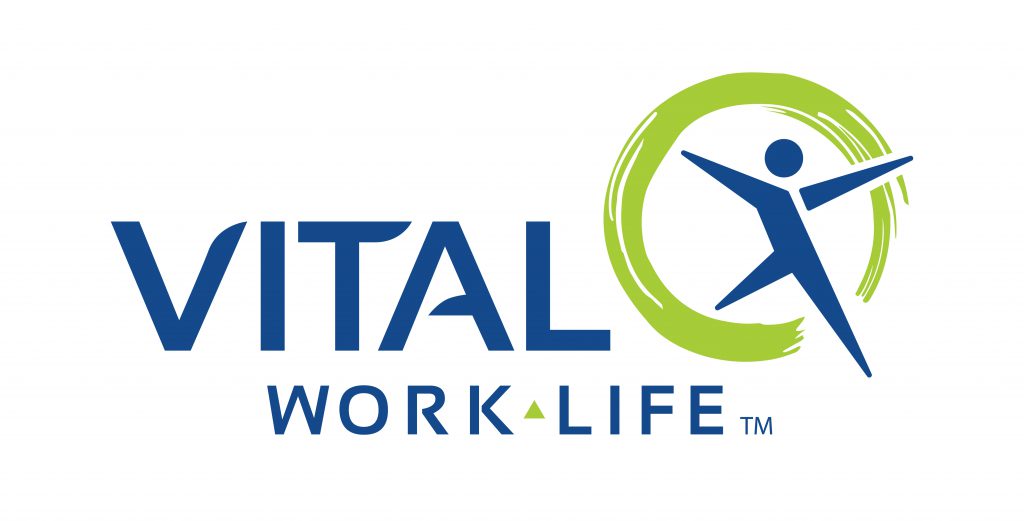APPLETON – The federal government has released ratings of hospitals nationwide, but Wisconsin health care leaders say the numbers don’t necessarily add up.
The new Center for Medicare and Medicaid Services (CMS) ratings by the federal Department of Health and Human Services evaluate 64 quality measures up to five stars. Those measures address everything from patient satisfaction and mortality rates for common ailments that land patients in hospitals to infection rates for different types of procedures.
But are these measures helpful to consumers and patients in the Fox Valley? Buyer beware, hospital and physician groups say.
“I do think this is a good first step, but there are some real flaws,” said Donn Dexter, chief medical officer of the Wisconsin Medical Society, a physician advocacy group. “The playing field is null and equal, and the measurements aren’t always applied equally to all hospitals.”
In the Fox Valley, almost all of the hospitals received three-star or four-star ratings. St. Elizabeth Hospital in Appleton, Aurora Medical Center and Mercy Medical Center in Oshkosh, were four-star hospitals in the southern part of the Fox Valley. In the Green Bay area, Bellin Memorial Hospital and Aurora Baycare Medical Center also had four stars.
All seven medical centers affiliated with Appleton-based ThedaCare received three-star ratings. The seven medical centers are in Appleton, Berlin, Neenah, New London, Shawano, Waupaca and Wild Rose.
ThedaCare is supportive of ratings like these being publicly available, said CEO Dean Gruner in a statement to USA TODAY NETWORK-Wisconsin, citing other rankings from Wisconsin Collaborative for Healthcare Quality and the Wisconsin Health Information Organization.
“The CMS star rating is new and we will learn as we go,” he said. “We always use feedback to help us further improve the great work of our team members.”
Dexter said it’s important to be wary of the rankings though, depending on whether the information is from patients’ opinions or the medical center has a smaller number of patients.
“If your patient comes in and wants narcotics for pain, and you don’t give them narcotics because while it’s easy, it’s not appropriate and because you want to prevent them from being addicted, you can get a very adverse rating (for patient satisfaction),” Dexter said. “Even though, you did the right thing.”
Robert Batt, a University of Wisconsin-Madison business professor, said he liked how CMS included reporting from patients.
“Surveys tend to have people with extreme opinions, but even at that, it’s real data of real patients who were there and who can say something,” he said.
Hospitals could also have higher infection rates according to the CMS data after certain surgeries or ailments, for example, but only because they had one patient who received that surgery and subsequently got an infection, Dexter said.
A smaller rural hospital, often referred to as critical access hospitals, will also likely rank lower than a large hospital with research capabilities, like UW Health in Madison or Froedert in Milwaukee, he said.
“It’s just not the same thing and we have to understand that,” Dexter said. “Interpreting these rankings with a little skill takes time.”
Patients with chronic illnesses or conditions should not just evaluate the general measures, but look at specific measures for their condition, said Patrick Falvey, chief transformation officer at Aurora Health Care.
If a patient has heart issues, they should dive deeply into measures related to cardiovascular health, for example, Falvey said. But, if hospitals perform well overall on the general measures, hospitals likely have a “solid foundation” of medical practice.
Beyond individual hospitals, Wisconsin as a whole has higher rated hospitals than its counterparts nationwide. All but three hospitals statewide scored at least three stars or higher.
Officials with the Wisconsin Hospital Association said the group is happy that Wisconsin scored well on the ratings. Dexter had similar sentiments, saying Wisconsin is in a much better place overall compared to other states.
“However, we are concerned that the large number of different hospital ratings that exist and the complexity of how these ratings are calculated can cause confusion for health care consumers,” said Kelly Court, Wisconsin Hospital Association’s chief quality officer, in a statement to USA TODAY NETWORK-Wisconsin. “Hospitals are working hard to improve the quality of the most important services they provide, which may or may not be reflected in this new rating.”
Northeast Wisconsin CMS hospital ratings
- St. Elizabeth Hospital in Appleton — 4 stars
- Aurora Medical Center in Oshkosh — 4 stars
- Mercy Medical Center in Oshkosh — 4 stars
- Bellin Memorial Hospital in Green Bay — 4 stars
- Aurora Baycare Medical Center in Green Bay — 4 stars
- Holy Family Memorial Hospital in Manitowoc — 4 stars
- Ripon Medical Center in Ripon — 4 stars
- Aurora Medical Center in Two Rivers — 4 stars
- ThedaCare Regional Medical Center-Appleton — 3 stars
- ThedaCare Regional Medical Center-Neenah — 3 stars
- ThedaCare Regional Medical Center-New London — 3 stars
- ThedaCare Medical Center-Waupaca — 3 stars
- ThedaCare Medical Center-Berlin — 3 stars
- St. Agnes Hospital in Fond du Lac — 3 stars
- ThedaCare Medical Center-Shawano — 3 stars
- St. Vincent Hospital in Green Bay — 2 stars
- Calumet Medical Center in Chilton — rating not available
Madeleine Behr: 920-996-7226, or mbehr@postcrescent.com; on Twitter @madeleinebehr
Read article here.











